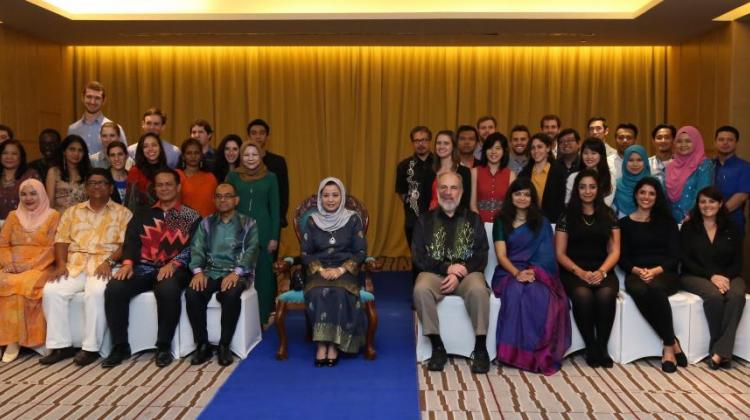Malaysia has made an ambitious commitment to reduce the intensity of its carbon emissions, notably a 40% reduction (compared to 2005 levels) by 2020 and a 45% reduction (compared to 2005 levels) by 2030. As with other developing countries, Malaysia’s challenge is to decarbonize its energy-centric economy in the face of population growth pressures and substantial levels of poverty. Drawing on extensive interviews with both public and private stakeholders, we examine how Malaysia has launched its transition to a decarbonized development path. Based on our multi-year analysis, we identify key breakout factors, including behavioral transformations, institutional shifts, and action by a broad network of actors that have allowed Malaysia to begin decarbonizing its economy. At the same time, we note that federal-state friction, limited government capacity, the absence of a centralized management agency, the lack of international funding, incipient environmental awareness, and numerous barriers to investment in renewable energy reinforce carbon lock-in. Our analysis suggests ways in which other rapidly developing countries can learn from Malaysia’s initial successes and challenges.
https://doi.org/10.3389/fbuil.2020.00021



